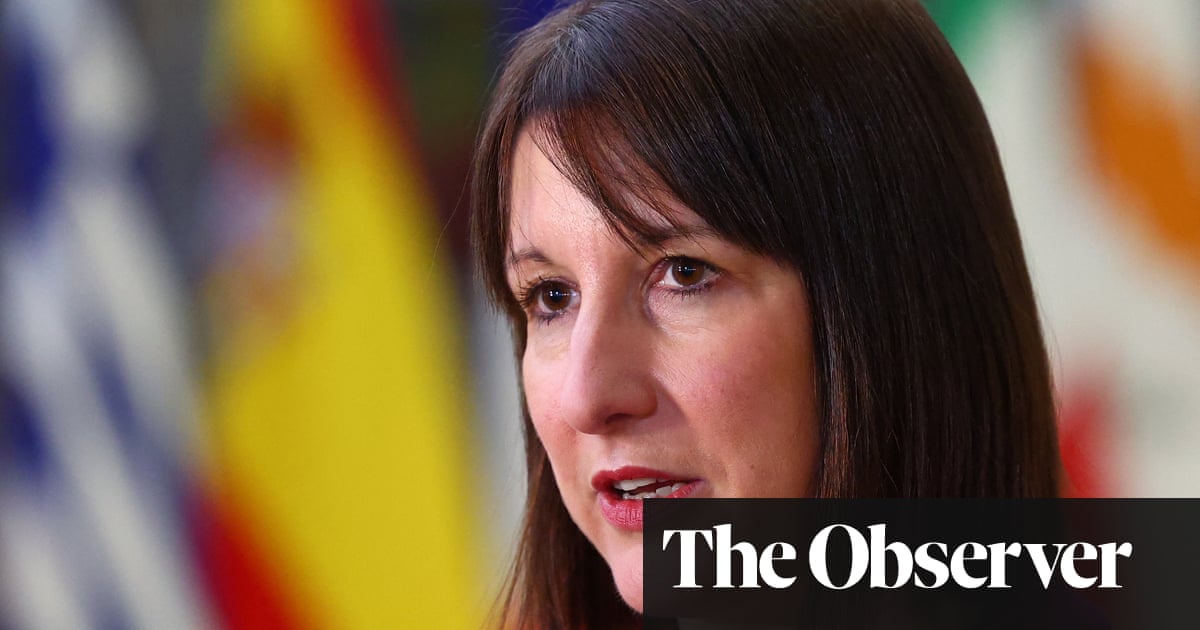UK energy system operator recognises role of nuclear

- by Admin
- November 5, 2024
_63537.jpg)
Nuclear will play an important role in the UK achieving a clean power system by 2030 and beyond with life extensions for the current fleet and a new generation of nuclear plants, according to independent energy system planner and operator, the National Energy System Operator (NESO).
_63537.jpg)
NESO has released a comprehensive and independent analysis of how to achieve Clean Power in 2030. This advice was commissioned in August by the Secretary of State for Energy Security and Net Zero, Ed Miliband.
The analysis shows that overall systems costs should not increase for a clean power system. Other factors could reduce electricity bills in 2030, including a reduction in legacy policy costs (as contracts expire) and energy efficiency improvements. Government policy decisions could also reduce bills by 2030.
“Our clean power pathways see Great Britain become a net exporter of power and reduce the share of unabated gas generation to below 5%,” the report says. “All our pathways involve early electrification of heat, transport and industry. A reductionist approach that slows down electrification to lessen the challenge of clean power would undermine the core objectives of cutting energy costs and supporting net-zero.
“Our clean power pathways see a four-to-fivefold increase in demand flexibility (excluding storage heaters), an increase in grid connected battery storage from 5 GW to over 22 GW, more pumped storage and major expansions in onshore wind (from 14 GW to 27 GW) and solar (from 15 GW to 47 GW) along with nuclear plant life extensions.”
NESO says nuclear power will play an important role in achieving a clean power system by 2030 and beyond into the 2030s, when a new generation of nuclear plants can help replace retiring capacity and meet growing demand as the economy electrifies.
Most of the UK’s existing reactors are due to retire before 2030 and these are currently being considered for life extension. A new plant is also under construction at Hinkley Point C.
“In combination, we assume these see a reduction in Great Britain’s nuclear capacity from 6.1 GW in 2023 to 3.5-4.1 GW in 2030, with scope for more new build beyond 2030,” NESO said. “Our baseline assumption includes Sizewell B, one unit at Hinkley Point C and a lifetime extension of one AGR unit.”
It notes that small modular reactors (SMRs) could be constructed and put into operation by 2030. “Should that be possible, it could compensate for any shortfall should plant life extensions not proceed as we have assumed and/or if Hinkley Point C does not begin generation until after 2030.
“If SMRs can be built in addition to our other assumptions, that could compensate for under-delivery elsewhere in the clean power programme. Beyond 2030, it is clear that SMRs and/or other large nuclear projects provide solid base generation that delivers a large contribution to clean power. There is also the opportunity for these plants to provide heat.”
NESO says that delivering Clean Power by 2030 requires “swift action from industry, regulators, government, and NESO, necessitating significant changes in approach. The right supply, demand, networks and flexibility all need to be developed. A key challenge will be making sure all deliver simultaneously, in full and at maximum pace, in a sustainable way to set Great Britain on the right path beyond 2030”.
“There’s no doubt that the challenges ahead on the journey to delivering clean power are great,” said NESO CEO Fintan Slye. “However, if the scale of those challenges is matched with the bold, sustained actions that are outlined in this report, the benefits delivered could be even greater.
“A clean power system for Great Britian will deliver a backbone of home-grown energy that breaks the link between volatile international gas prices; that is secure and affordably powers our homes and buildings; that decarbonises the transport that we take to school and work; that drives the businesses of today and catalyses the innovations of the future.”
Government will now consider the advice in developing its clean power action plan later this year.
Tom Greatrex, chief executive of the Nuclear Industry Association, welcomed NESO’s recognition of nuclear’s role in helping the UK achieve a clean energy system.
“Ramping up baseload nuclear – including delivering Sizewell C, a fleet of small modular reactors and a new project at Wylfa – is particularly important during the still, cloudy periods like we’re seeing this week when there’s no other option than to burn lots of dirty, expensive gas,” he said.
“For the system operator to be able to do their job there needs to be enough firm, clean power on the grid, both to keep the lights on and to protect consumers from paying inflated prices for the electricity they rely on.”
The Latest News
-
December 23, 2024Daily horoscope: December 23, 2024 astrological predictions for your star sign
-
December 23, 2024Sharp fall in UK business activity forecast as economic gloom deepens
-
December 22, 2024Foxtel offloaded to UK streamer for $3.5b
-
December 22, 2024Elon Musk’s British cousin reveals how brutally world’s richest man snubbed him: ‘I’m shocked that…’
-
December 22, 2024‘Labour will torpedo my firm’: One of Britain’s OLDEST family businesses says inheritance tax plans could destroy his finances in ‘blink of an eye’ after 250 years of trading





